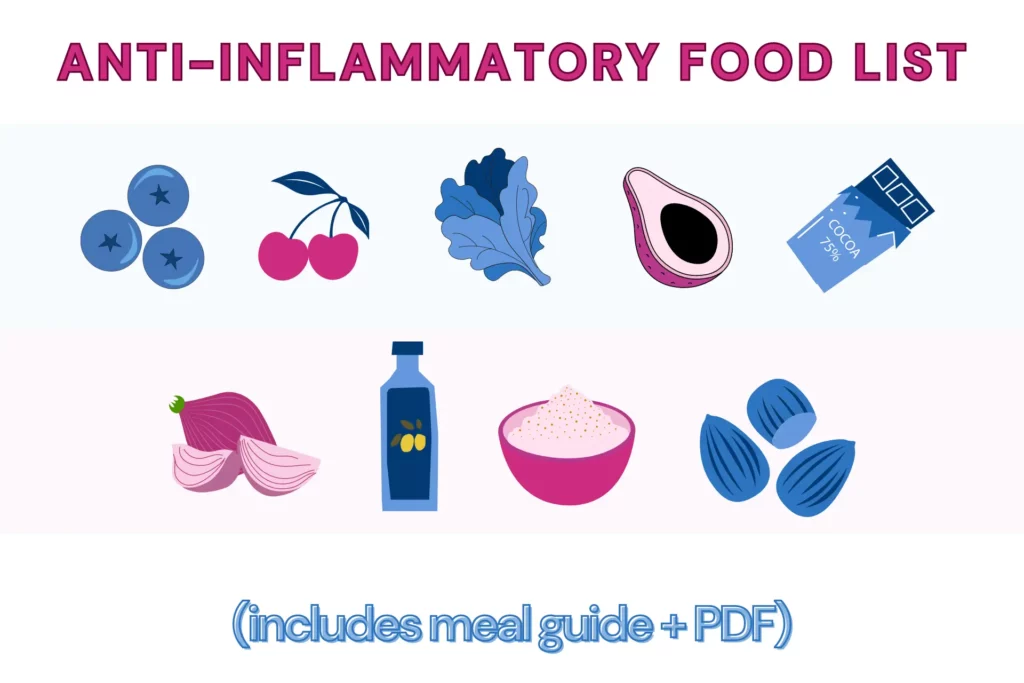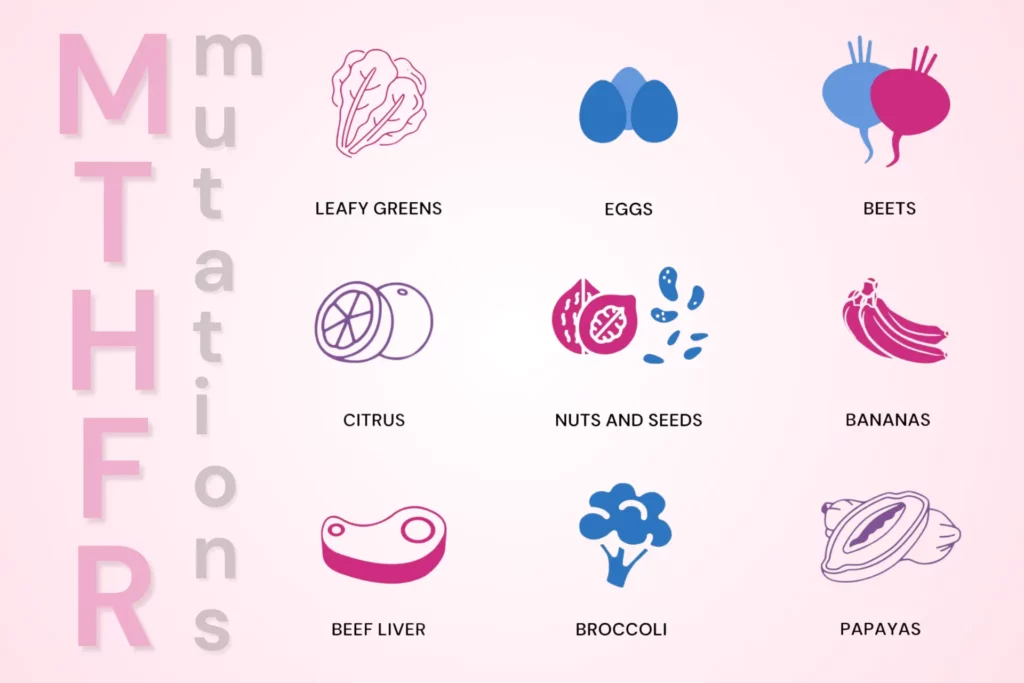Healthy eating has changed a lot in 2024—the year’s most popular diets focus on lasting changes instead of promising quick results. Rather than strict food rules and crash diets, we’re choosing eating plans that are easier to follow and introduce healthier eating habits. The most popular diets of 2024 help in various ways- from protecting your heart and brain to managing weight and feeling more energetic. Ready to discover which diet might work best for you? Let's look at the five most successful eating plans of 2024 and what makes them stand out from the rest.
What Are The Top 5 Popular Diets Of 2024?
Various 2024 diets have showcased their health benefits and popularity.
Here are the top five, highlighting their unique advantages along with scores out of 100:
- Mediterranean diet
- Score: 85.1/100
- Purpose: Overall health, supporting heart health, diabetes management, and bone and joint wellness
- DASH diet (Dietary Approaches to Stop Hypertension)
- Score: 75.4/100
- Purpose: Heart health, designed to prevent and manage high blood pressure
- MIND diet (Mediterranean-DASH Intervention for Neurodegenerative Delay)
- Score: 60.7/100
- Purpose: Brain health, combining Mediterranean and DASH diet elements to reduce cognitive decline
- Mayo Clinic diet
- Score: 55.3/100
- Purpose: Establishing lifelong healthy habits through a structured 12-week program
- Flexitarian diet
- Score: 53.6/100
- Purpose: Mostly vegetarian approach, allowing occasional meat for flexibility and balance in healthy eating
1. The Mediterranean Diet: Benefits, Pros, And Cons
The Mediterranean diet is a balanced, plant-focused approach inspired by traditional foods from Greece, Italy, and Spain.
It prioritizes whole grains, vegetables, legumes, nuts, and healthy fats like extra-virgin olive oil, with lean proteins mostly from fish and poultry.
This diet values food quality and balance over strict rules, making it adaptable and easy to follow.
Benefits:
- Heart health: Promotes heart health and reduces stroke risk through heart-healthy fats.
- Diabetes management: Helps control blood sugar and may slow the progression of Type 2 diabetes.
- Brain health: Supports cognitive function, reduces dementia and Alzheimer’s risk, and may improve mental health.
- Inflammation reduction: Anti-inflammatory foods may ease symptoms of diseases like rheumatoid arthritis.
Pros:
- A variety of nutrient-dense, plant-based foods
- A reduced chance of chronic diseases
- No strict calorie counting or rigid diet rules
- Allows moderate red wine consumption, which is rare among diets
- Adaptable for vegetarians due to plant-based options
- No subscription fees or special pre-packaged meals
- Easy to enjoy socially, with a focus on fresh, shared meals
Cons:
- Limited guidance on red and processed meats
- Lower red meat intake could lead to iron deficiency
- Cutting back on refined carbs and sodium can make dining out tricky
- Costly ingredients like fresh fruits, quality oils, and seafood
- Low-fat dairy may not suit vegan diets
2. The DASH Diet: Benefits, Pros, And Cons
The DASH diet aims to help prevent and manage high blood pressure.
With support from the National Heart, Lung, and Blood Institute, it boosts fiber and essential minerals like calcium, potassium, and magnesium while reducing sodium and unhealthy fats.
This diet prioritizes fruits, vegetables, whole grains, lean proteins, and low-fat dairy while restricting saturated fats and added sugars.
Sodium intake is capped at around 2,300 milligrams daily for more significant benefits and eventually drops to 1,500 milligrams.
Benefits:
- Heart health: Lowers blood pressure and reduces heart disease risk by decreasing sodium intake and focusing on healthy nutrients.
- Inflammation control: Decreases inflammation markers, helping prevent heart attacks and strokes.
- Kidney health: Supports kidney function, reducing the risk of kidney disease.
- Diabetes management: Promotes better insulin sensitivity and aids in blood sugar regulation, helping to lower the risk of Type 2 diabetes.
- Brain health: Supports cognitive health and may reduce dementia risk due to antioxidants and omega-3s.
Pros:
- Proven to reduce blood pressure and cholesterol
- Encourages a balanced diet without calorie counting
- No subscription or pre-packaged food costs
- Offers variety and allows for nutrient-dense foods
- Structured for heart health and encourages omega-3 intake
Cons:
- Requires careful tracking of sodium, which can be challenging
- May increase grocery bills with more fresh produce and lean proteins
- Some carb recommendations may not be ideal for people with diabetes
- Dining out can be difficult due to sodium restrictions
3. The MIND Diet: Benefits, Pros, And Cons
The MIND diet merges vital elements of the Mediterranean and DASH diets to promote brain health and lessen cognitive decline.
It was created through research funded by the National Institute on Aging and can potentially lower Alzheimer’s risk by focusing on nutrient-rich and brain-protective foods.
Benefits:
- Reduced dementia risk: The MIND diet can lower the risk of Alzheimer’s and dementia by reducing harmful brain plaque buildup.
- Brain health support: Nutrient-rich foods in the MIND diet may protect brain cells against oxidative stress and inflammation.
- Heart health: The MIND diet combines two heart-healthy diets, supporting heart function and reducing the risk of heart disease.
- Healthy aging: Linked to longer life and lower mortality risk, especially among older adults.
Pros:
- Can slow cognitive aging and decline
- Benefits of both Mediterranean and DASH diets
- No calorie counting or significant food restrictions
- Clearly outlines recommended food servings
- No extra costs or subscriptions are required
Cons:
- Challenging weekly targets for some
- Fresh produce like berries and greens can be costly
- Dining out without consuming vegetable oils may be tricky.
- Meal prep and planning may be time-consuming
- High fiber content might cause digestive issues like bloating
4. The Flexitarian Diet: Benefits, Pros, And Cons
The flexitarian diet combines flexibility with a plant-based approach.
Known as a "semi-vegetarian" approach, it encourages mainly eating plant foods and occasionally allowing meat.
This approach makes it less restrictive than a purely vegetarian diet.
It provides health benefits linked to plant-based diets without eliminating meat.
Since it lowers meat consumption, many also consider it environment-friendly.
Benefits:
- Heart health: Promotes plant-based foods that lower blood pressure, cholesterol, and obesity risk
- Reduces inflammation: Higher plant intake increases antioxidants, reducing inflammation
- Diabetes prevention: Improves insulin sensitivity and lowers blood pressure
Pros:
- Flexible since it allows occasional meat consumption
- No calorie tracking or strict food rules
- Provides benefits of a plant-based diet while including all food groups
- No subscription fees or special products are required
- Backed by emerging research for various health benefits
Cons:
- Limited guidance on specific portion sizes for each food group
- Unclear limits on red and processed meats, which may be confusing
- Higher grocery costs due to the focus on fresh produce
- Plant-based meals require more meal planning and prep
5. The Mayo Clinic Diet: Benefits, Pros, And Cons
The Mayo Clinic diet is a 12-week program designed to help individuals develop healthier eating habits by focusing on fruits, vegetables, and whole grains.
This diet promotes less calorie-dense foods, enabling you to enjoy larger portions despite a lower calorie intake.
It also features an app for meal planning, food tracking, and group coaching sessions with Mayo Clinic diet experts.
Benefits:
- Heart health: Promotes a diet low in saturated fat and high in fiber, supporting heart health by managing cholesterol and blood pressure.
- Diabetes management: This program offers customized guidance for individuals with prediabetes and Type 2 diabetes to help lower and stabilize blood sugar levels.
- Physical activity: Encourages regular exercise, which enhances overall health and supports weight management.
Pros:
- Unlimited group coaching sessions with diet experts
- Customizable meal plans, including vegetarian and gluten-free options
- Supports healthy habit changes through an in-app feature
- At-home workouts require no special equipment
- Financial incentive for achieving weight loss goals
Cons:
- May be a costly option
- Limited snack options, primarily consisting of vegetables and fruits
- May require lifestyle modifications such as reducing sugar and alcohol.
- No vegan meal plan is available.
- Restrictive refund policies, with no refunds after three days of purchase or on monthly plans
- Automatic renewal of subscription plans
Which Diet Has The Highest Success Rate?
The Mediterranean diet generally has one of the highest success rates among diets.
It stands out for its overall health benefits, especially in promoting heart health and managing diabetes, while also being effective for weight loss.
This diet helps people stick with it over time by focusing on nutritious foods and allowing for variety in meals.
Which Is The Best Diet For Weight Loss?
The WeightWatchers diet is recognized as one of the best choices for weight loss in 2024, earning a top weight-loss score of 100.
Known for its structured Points system, the program blends calorie control with behavior support and easy-to-use tools like an app, meal planners, and a supportive community.
Research indicates that WeightWatchers users often achieve significant weight loss, with an average of 9.8 pounds lost in the first 12 weeks.
It also offers customized plans for diabetes management and support for those on weight-loss medications, providing flexibility for diverse needs.
Which Is The Best Diet For Heart Health?
The Mediterranean Diet ranks #1 for heart health, with an impressive score of 100 points.
It focuses on plant-based foods, whole grains, and extra-virgin olive oil, with moderate amounts of seafood and lean poultry while limiting red meat.
Research has proven that this diet effectively reduces blood pressure, improves cholesterol, and lowers the risk of heart disease and stroke.
Which Is The Best Diet For Overall Health?
Most experts view the Mediterranean diet as the best for overall health, awarding it 85.1 out of 100.
They praise the diet for its effectiveness in promoting heart health, managing diabetes, and supporting bone and joint health.
Its focus on whole, nutritious foods makes it a sustainable choice for long-term well-being.
Tips To Get Started On A New Diet
When considering a new diet, it's essential to approach the process with a clear plan. Below are some helpful strategies to guide your journey.
- Select a diet plan: Explore different diets to find one that aligns with personal preferences and lifestyle.
- Identify daily changes: Consider minor, manageable adjustments to daily routines that can lead to significant changes over time.
- Test the diet: Try a diet for a few days to gain insights into its practicality and comfort level.
- Prepare for challenges: Think about any difficulties you might face while dieting. Pre-prepared healthy snacks and meals can help you avoid unhealthy choices when those challenges come up.
- Commit to the plan: Find a sustainable diet to keep consistent and adapt to new habits.
- Allow for flexibility: Be open to modifying the diet to ensure it remains effective and enjoyable.
Note: Consult a healthcare provider before beginning a new diet, particularly if you have health concerns. Remember, this article is purely informational, and each person's dietary needs and responses can vary.
FAQs
Who Should Go On A Diet?
You might consider going on a diet if:
- You want to lose excess weight.
- You often make unhealthy food choices.
- You need to address specific health problems.
- You want to boost your nutrient intake.
- You're looking to improve energy levels and combat fatigue.
- You aim to lower your risk of chronic diseases.
- You want to develop better eating habits for long-term wellness.
How Soon Will I Start Seeing Results From My Diet?
The timeline for seeing results from your diet can vary significantly based on your metabolism, starting weight, diet type, and more.
Generally, you may notice changes in your energy levels or mood within a few days.
For effective weight loss, aim for a sustainable rate of half a pound to 2 pounds per week, according to your body composition.
If you lose weight faster than this, it could be due to losing water weight or even muscle mass, which isn't healthy.
Prioritize shedding body fat while preserving muscle mass, which is essential for overall health and metabolic function.
Which Diets Are Considered The Worst In 2024?
Experts rated several diets the worst in 2024 due to being too restrictive or relying on processed foods. Here are the diets that have significant downsides:
- Raw food diet: Very restrictive and lacks essential nutrients.
- Herbalife nutrition: Relies on expensive meal replacement shakes and bars, which don't promote long-term healthy eating habits.
- Dukan diet: Chooses high protein with few carbs, leading to nutrient imbalances and high diet dropout rates.
The keto diet is also ranked low overall but can aid in quick weight loss.
However, it may not be sustainable or healthy in the long run.
Summary: The Most Popular Diets Of 2024
- The top diets of 2024 highlight a growing focus on health, sustainability, and the importance of a balanced approach to nutrition in our daily lives.
- The Mediterranean diet stands out for its heart health support and diabetes management, and it earned high scores for overall effectiveness.
- The DASH diet is recognized for managing blood pressure, while the MIND diet focuses on cognitive health.
- The flexitarian diet combines plant-based foods with occasional meat for flexibility, while the Mayo Clinic diet encourages long-term healthy habits through a structured approach.
- Consider personal preferences, lifestyle compatibility, and potential health benefits when selecting a diet.
- It’s essential to consult a healthcare provider before starting a new diet to confirm that it meets your nutritional needs.
- Avoiding overly restrictive diets is advisable, as they may lead to nutrient imbalances and difficulty maintaining healthy eating patterns.
Others Are Also Reading

Gary Brecka 30-30-30 Diet: How To Follow, Pros, And Cons

The Ultimate Guide To Anti-inflammatory Diet + Food List PDF

MTHFR Diet: What To Eat, What To Avoid For MTHFR Mutation
References
https://health.usnews.com/best-diet/best-diets-overall
https://www.forbes.com/health/nutrition/diet/best-diets
https://www.eatingwell.com/best-and-worst-diets-2024-us-news-world-report-8421345
https://www.healthline.com/health-news/these-are-the-best-diets-for-overall-health-in-2024





